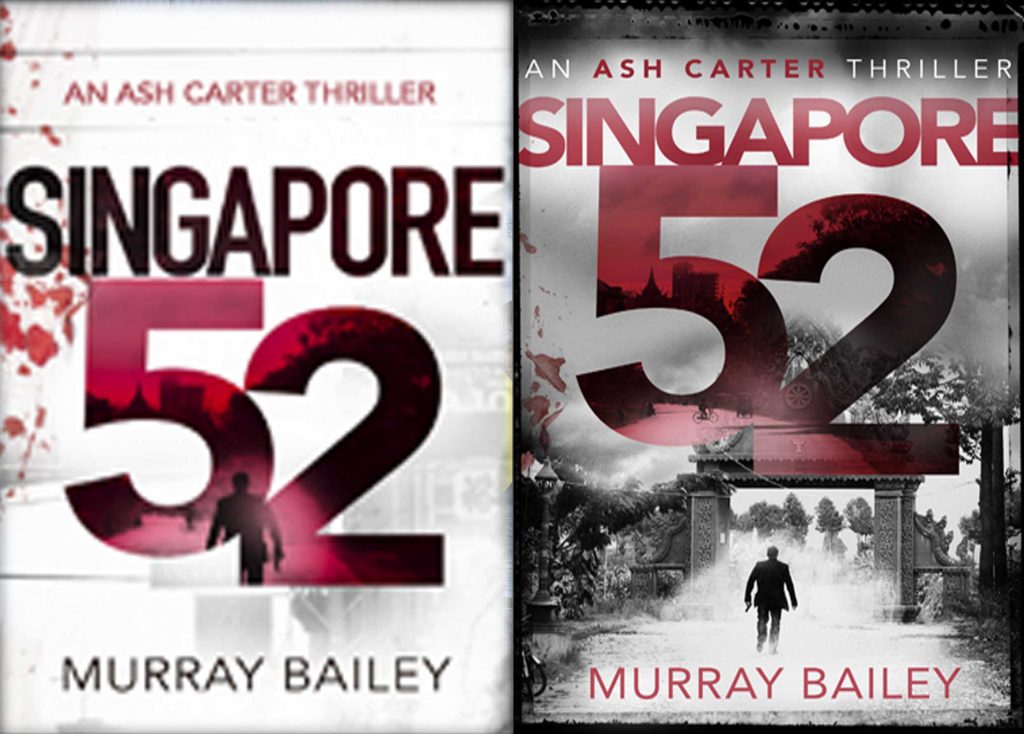SINGAPORE 52 – the true story
Singapore 52 was never meant to be the book it became. At its heart, it grew out of my father’s tails of his time as a military policeman. Unlike Ash Carter, my father wasn’t a hero—but he could tell a good story.
The idea for Carter himself came from him. After reading Lee Child’s The Visitor, he suggested I write about a British protagonist in Singapore. It made sense: some of the tales he’d shared over the years were stranger than fiction, and many found their way into the book.
For example, the much-hated Major Vernon and his fake fencing club? That was real. The “Ruby” incident was inspired by an actual case. Even the part where the MP falls asleep at the overnight desk waiting for a call from an SIB officer in the field—that was my dad.
Madam Butterfly also came from life. In reality, she called herself “Mum”, perhaps because she was old enough to be most of the young soldiers’ mother. She once lured my father into her car and set up a date. His mates warned him he’d be mugged if he turned up, but he went anyway. Luckily, she never appeared.
Su Ling, Carter’s love interest, was based on one of my father’s girlfriends in Singapore. Unlike the fictional version, she wasn’t tied to criminals—but she left a mark strong enough that he remembered her fondly decades later.

My father’s favourite book from the series wasn’t 52 but Singapore Girl. He loved the mystery of the headless man on the causeway, and the action-packed finale, which featured a boxing match with Slugger. Having boxed during his army days, he got a kick out of seeing that woven into the plot.
I was desperate to finish the series before he passed, and I’m relieved he managed to read book six, Singapore Fire. He enjoyed it, though he did have one complaint: he’d hoped Ash would escape with the true love of his life. My mum, I should add, wasn’t too impressed with that opinion.
The first draft of Singapore 52 had a different title: The Jin Deception. In that version, the protagonist was called Tom and was based directly on my father. It even won an award from Authonomy, HarperCollins’ old online writers’ community. A total rewrite saw it written in first person. Tom became Ash Carter—a character who is part me, part my father, with a touch of Captain Ian Johnson, a man I met on a flight home from Singapore who had served there during the same period.
Looking back, I realise Singapore 52 was more than just the beginning of a series. It was a way of capturing my father’s stories and handing them forward. He may not have been Ash Carter, but without him, Carter would never have existed.